Black Pepper Tincture
$18.00 – $32.00 — or subscribe and save 5%
Spice up your wellness routine with our Black Pepper Tincture! This potent little bottle is packed with all the flavor and benefits of black pepper, without the sneeze-inducing side effects.
Description :
Black Peppercorn, also known as Piper nigrum, is a versatile spice that has been a staple in kitchens around the world for centuries. This flowering vine belongs to the Piperaceae family and is native to India, but is now widely cultivated in other tropical regions as well. Black Peppercorn has a pungent, spicy flavor and aroma.
History and Folklore:
Black pepper has been used as a medicinal herb for thousands of years, with a rich history dating back to ancient times. Its use can be traced back even to the ancient Chinese, who believed in its therapeutic properties and used it as a cure for various ailments. In India, black pepper was used as a medicinal herb in Ayurvedic medicine, and was believed to have a wide range of healing properties, from treating digestive issues to easing joint pain.
During the Middle Ages, black pepper was considered a luxury item and was traded at high prices. It was also believed to have medicinal properties, and was used to treat everything from stomach ailments to headaches. In Europe, black pepper was used in traditional herbal medicine to treat a variety of ailments, including indigestion, diarrhea, and respiratory infections.
Today, black pepper remains a popular ingredient in both culinary and medicinal applications. Its active compound, piperine, has been shown to have anti-inflammatory and antioxidant properties, and may also help to improve digestion and absorption of nutrients.
Cultivation and Harvest:
Black pepper is grown primarily in tropical regions, such as India, Indonesia, and Brazil. The plant is a climbing vine that requires support from trees or trellises. The vines are usually propagated from cuttings and take about 3-4 years to reach maturity. The plants produce small white flowers that eventually give way to drupes (berries), which are harvested when they turn red. The drupes are then dried in the sun, which causes them to turn black and wrinkle, resulting in the familiar peppercorn appearance. The process requires careful attention to detail, as the berries must be dried properly to ensure the best flavor and quality. Overall, the cultivation and harvest of black pepper is a labor-intensive process that requires patience and expertise.
Precautions:
Black pepper is generally considered safe for consumption in moderate amounts. However, excessive consumption may cause gastrointestinal discomfort, and individuals with gastrointestinal disorders should use caution. Additionally, black pepper may interact with certain medications, so it’s best to consult a healthcare provider before consuming in medicinal amounts.
Traditional Herbal Actions:
Coming Soon!
Other Names:
Piper nigrum, Peppercorn, Kali mirch, Hu jiao, Maricha
Tincture Ingredients: Black Pepper (Piper nigrum)
*These statements have not been verified by the FDA and is only referenced here as a fun fact and/or for historical commentary, is not to be used as medical advice in any way. Consult your doctor before ingesting any herbal product.
None of these items or statements are approved by FDA. Consult your physician before taking any supplement. Do not take herbs or tinctures during pregnancy without consulting your healthcare provider. This product is not intended to diagnose or treat any disease. All information here is for entertainment and educational purposes only.
| Weight | N/A |
|---|---|
| Dimensions | N/A |
How to Take Herbs - Product Forms and Suggested Servings
Product Forms
Most HomeGrown Herbalist products are sold in three forms: powders, tinctures and capsules. People often ask which form is best. The truth is, it matters very little how we get herbs into our body but there are some advantages to each form.
Powders: Powders are the least expensive form. Powders can be made into teas or tinctures or you can just put the powder into a little juice or water and drink it.
Tinctures: Tinctures are alcohol extracts of herbs. They act a little more quickly in the body and are very portable. Tinctures can be taken alone or mixed with a little juice or water.
Capsules: Capsules are my least favorite form personally. I believe that many herbs are more effective if capsules aren't used. Click here to read a blog article on Capsules
Any of the above forms can be mixed with your morning smoothie or with yogurt, apple sauce etc... Tinctures mix really well with these products: Barleans Seriously Delicious Omega-3 Fish Oil. This is a great way to get tinctures into those who are sensitive to yucky herb flavors.
Recommended Servings for Humans
For chronic or maintenance issues, twice daily is usually sufficient. For acute situations, dosing can be done more frequently.
Herbs and Adults
Powders for Adults: 1-2 rounded teaspoons 2-3 times daily.
Tinctures for Adults: 1/4 to 1 teaspoon 2-3 times daily.
Capsules for Adults: 4 capsules 2-3 times daily.
Herbs and Children
Don't use herbs in children without consulting a physician. When I do use herbs for children, I dose them based on weight compared to an adult...1/2 an adult...1/3 of an adult etc...
Herbs and Pets
All of our formulas were created so that they could be used in either humans or in dogs, cats and livestock. Most dogs will eat herbs willingly if the powdered form is mixed with a little wet food. Tinctures can also be used. Cats are often very resistant to taking herbs willingly. For chronic or maintenance issues, twice daily is usually sufficient. For acute situations, dosing can be done more frequently.
Powders for Pets
Under 10 Pounds: 1/8 teaspoon twice daily
10-20 Pounds: 1/4 teaspoon twice daily
20-40 Pounds: 1/2 teaspoon twice daily
40-60 Pounds: 3/4 teaspoon twice daily
Over 60 Pounds: 1 rounded teaspoon twice daily
Tinctures for Pets:
Under 10 Pounds: 3 drops twice daily
10-20 Pounds: 5 drops twice daily
20-40 Pounds: 10 drops twice daily
40-60 Pounds: 20 drops twice daily
Over 60 Pounds: 30 drops twice daily
Capsules for Pets:
Under 10 Pounds: 1/4 capsule twice daily
10-20 Pounds: 1/2-4 capsule twice daily
20-40 Pounds: 1 capsule twice daily
40-60 Pounds: 2 capsules twice daily
Over 60 Pounds: 3 capsules twice daily
Dosing for Livestock:
Powders for Livestock:
Smaller animals: dose by weight as if they were pets
100-200 Pounds: 1 rounded tsp 2-4 times daily
200-400 Pounds: 2 rounded tsp 2-4 times daily
Adult Horses and Cattle: 1-2 tablespoons 2-4 times daily
Tinctures for Livestock:
Smaller animals: dose by weight as if they were pets
100-200 Pounds: 1 tsp 2-4 times daily
200-400 Pounds: 2 tsp 2-4 times daily
Adult Horses and Cattle: 5 cc 2-4 times daily
1 review for Black Pepper Tincture
Only logged in customers who have purchased this product may leave a review.
The HomeGrown Approach - What Makes us Different?
Many of our Herbal Products are created with herbs that are grown right here! Of course there are many plants that are outside the scope of our ability to grow in Idaho, due to either climate or quantity requirements. So when we need to supplement our growing efforts, we purchase only the finest product from quality, growers that we trust! All of our Single Herb Tinctures are made right here at our own facility with a single plant.
Our plants are grown, weeded, harvested and processed by caring herbalists filled with healing intent, not by machines. HomeGrown plant harvesting is timed for maximum potency...not the day the combine is scheduled. - Only the most medicinal portions of the HomeGrown plants are utilized for medicine making. - No pesticides, herbicides or artificial fertilizers of any kind are used in our herb gardens. HomeGrown wildcrafted herbs are ethically collected and identified by experienced herbalists, not minimum-wage, apathetic employees.
Yeah, we might be crazy to go to all the trouble when we could import material from Bulgaria for a tenth of the price, but we have experienced the difference in the quality of the end product. We are confident that when you use our HomeGrown herbals, you WILL see what all the fuss was about!




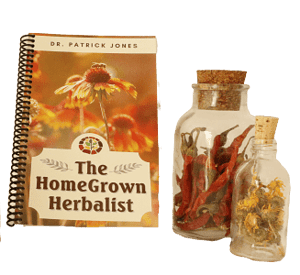

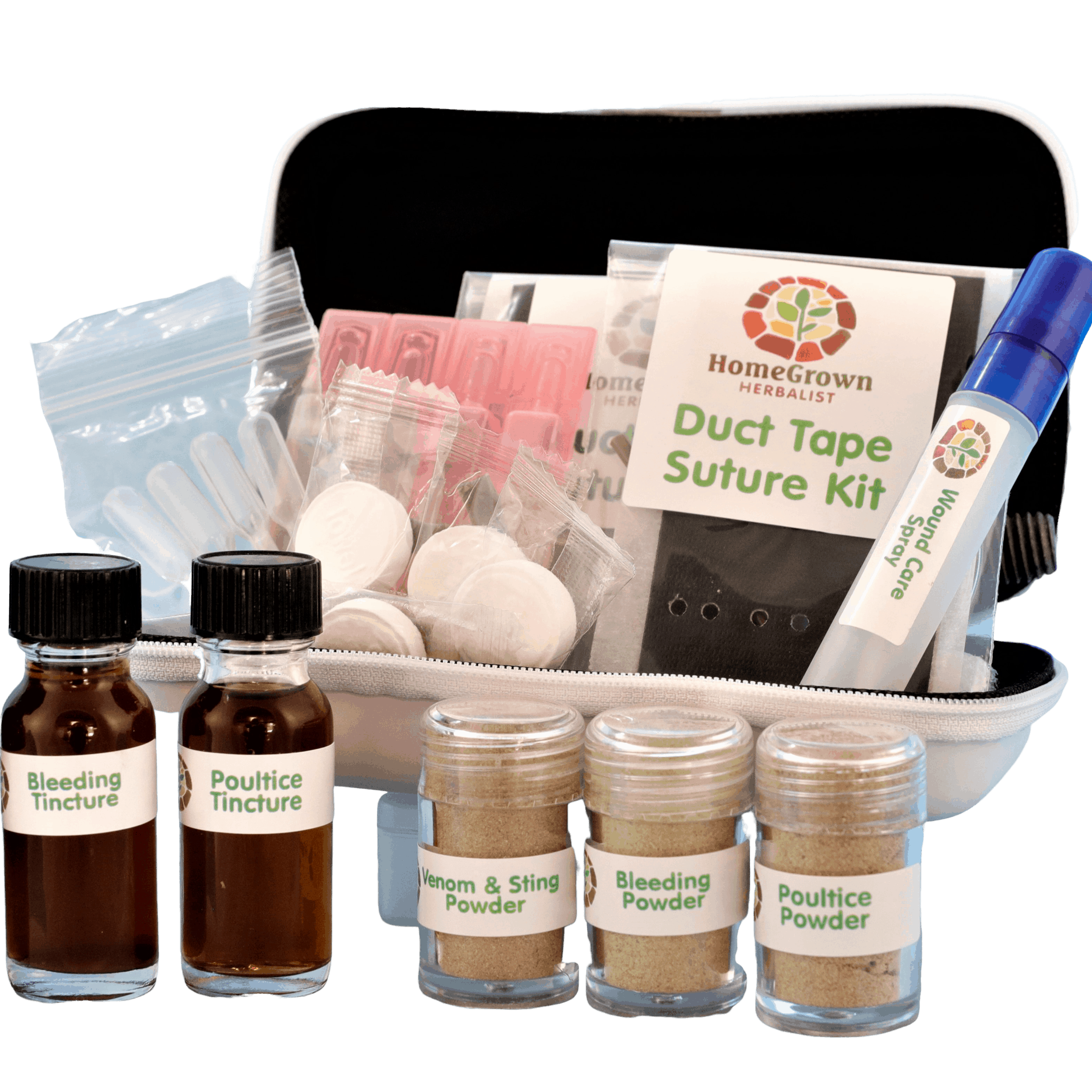
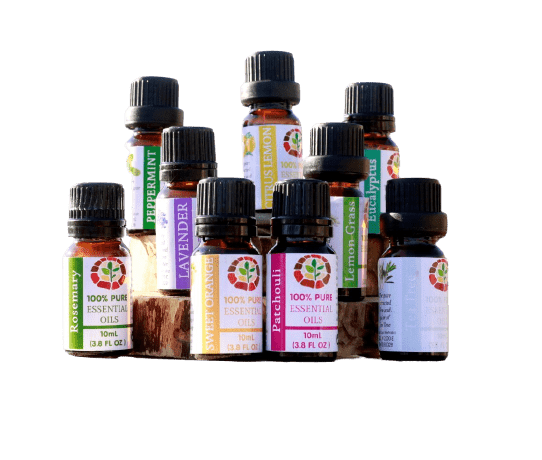

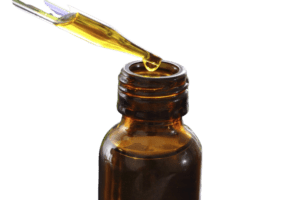
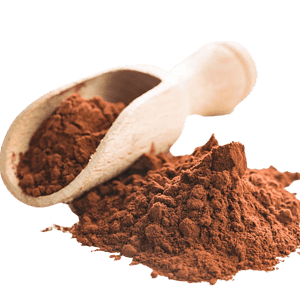
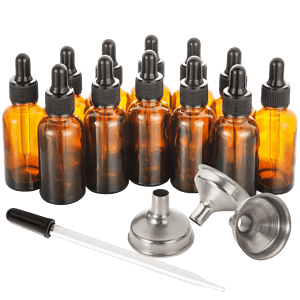

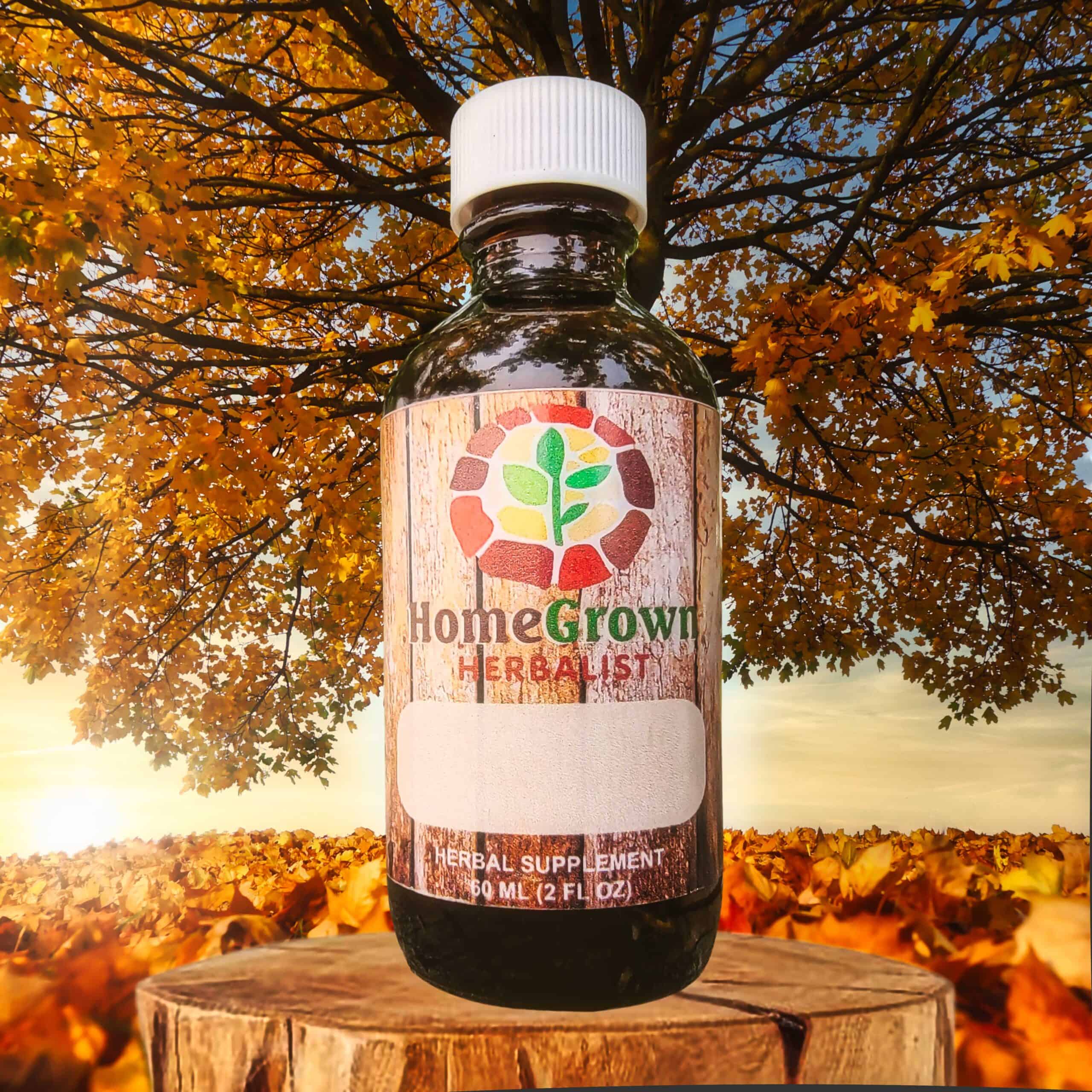
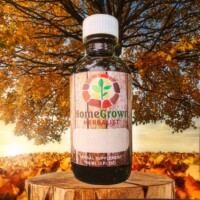
lapistolera1 (verified owner) –
Great